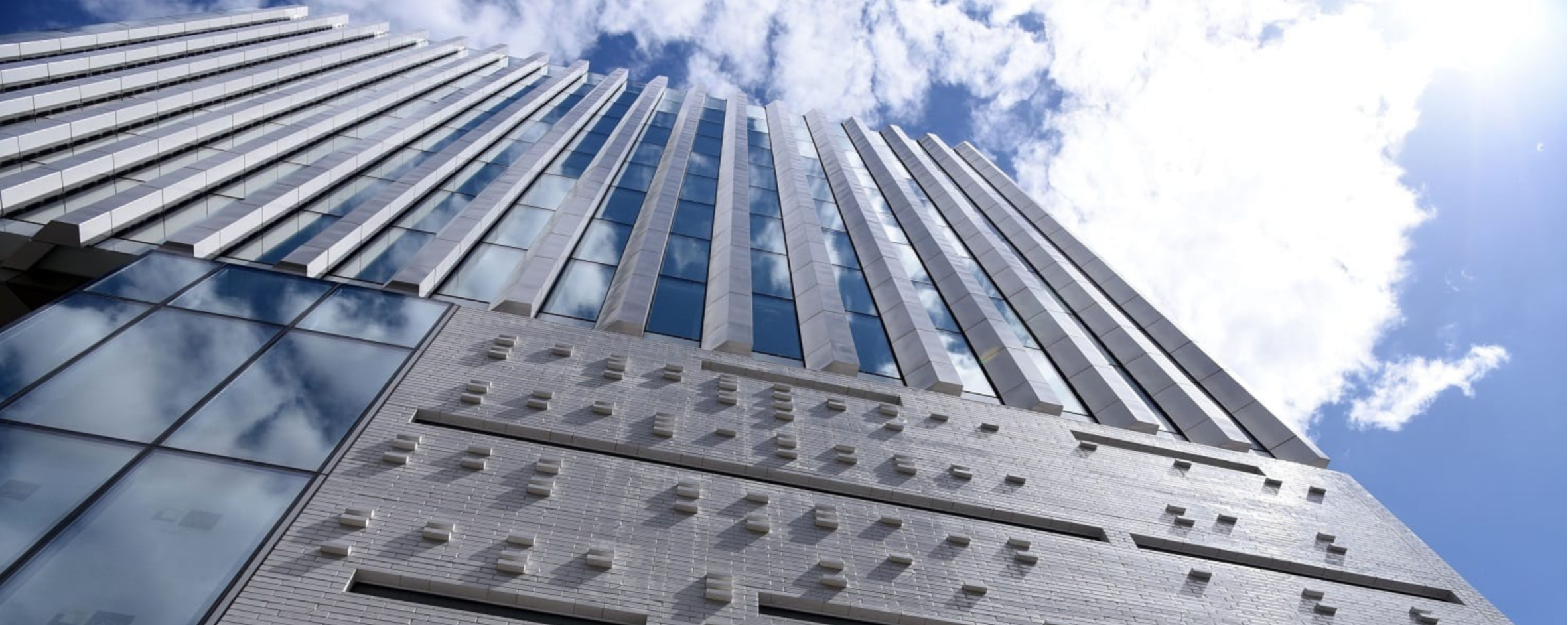Ibstock both manufacture and supply bespoke Precast Concrete Staircases to match your project’s exact requirements.
Though these boast numerous benefits, such as brilliant sound insulation and being quick and easy to install, today the team is outlining how exactly concrete stairs shape up against their steel counterparts.
See below for a four-point breakdown relating to cost, fire resistance, corrosion and sustainability:
Cost
Over the years, the value of steel has fluctuated, whereas the cost of purchasing precast concrete has largely remained stable. In striving to consistently offer reliable products at a realistic outlay, Ibstock continues to ensure that their entire range of precast concrete stair units and landings are competitively priced.
Fire resistance
Despite steel being inherently non-combustible, its strength can be massively reduced when it is heated to high temperatures, leaving it needing to be wrapped in additional fire-resistant materials to enhance protection. Concrete, on the other hand, possesses the highest fire-resistance classification (class AI) under EN 13501-1:2007- A1:2009, making concrete stairs a safe bet.
Corrosion
When treated with care and properly constructed, precast concrete staircases will not corrode. This cannot be said for steel staircases as erosion may occur when they come into contact with water. Due to corrosion potentially affecting the security of a structure, this poses a big safety concern for staircases.
Sustainability
Sustainability is one parameter where both building materials come out on top, with concrete and steel being recyclable and causing minimal impact to the environment. The former can be crushed and used in future mixtures, and roughly 90% of the time, the latter is today created from recycled steel.
